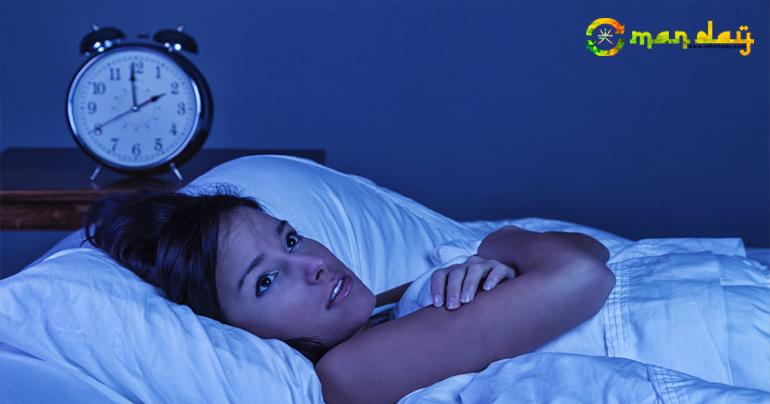Having Trouble Falling Asleep? Follow These Tips
How you feel during your waking hours often hinges on how well you sleep. Similarly, the cure for daytime fatigue and sleep difficulties can often be found in your daily routine and lifestyle choices. Experiment with the following tips to find the ones that work best to improve your sleep.

How you feel during your waking hours often hinges on how well you sleep. Similarly, the cure for daytime fatigue and sleep difficulties can often be found in your daily routine and lifestyle choices. Experiment with the following tips to find the ones that work best to improve your sleep and leave you feeling productive, mentally sharp, emotionally balanced, and full of energy.
Following healthy sleep habits can make the difference between restlessness and restful slumber. Researchers have identified a variety of practices and habits - known as sleep hygiene - that can help anyone maximize the hours they spend sleeping, even those whose sleep is affected by insomnia, jet lag, or shift work. Sleep hygiene is the best way to get the sleep you need. Here are some simple tips for making the sleep of your dreams a nightly reality.
Keep in sync with your body's natural sleep-wake cycle
Getting in sync with your body's natural sleep-wake cycle is one of the most important strategies for sleeping better. If you keep a regular sleep-wake schedule you'll feel much more refreshed and energized than if you sleep the same number of hours at different times. Try to go to sleep and get up at the same time every day. This helps set your body's internal clock and optimize the quality of sleep.
Control your exposure to light
Melatonin is a naturally occurring hormone controlled by light exposure that helps regulate your sleep-wake cycle. Your brain secretes more melatonin when it's dark - making you sleepy - and less when it's light - making you more alert. To keep your sleep-wake cycle on track expose yourself to bright sunlight in the morning and daytime. At night avoid bright screens within 1-2 hours of your bedtime. The blue light emitted by your phone, tablet, computer, or TV is especially disruptive. You can minimize the impact by using devices with smaller screens, turning the brightness down. Say no to late-night television. Try listening to music or audio books instead. When it's time to sleep, make sure the room is dark.
...[ Continue to next page ]
Share This Post






